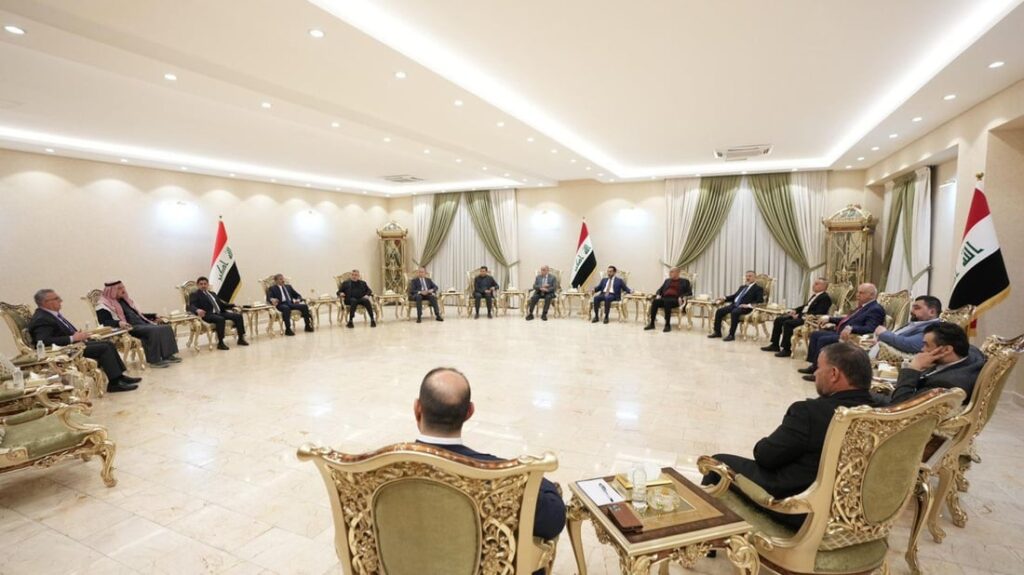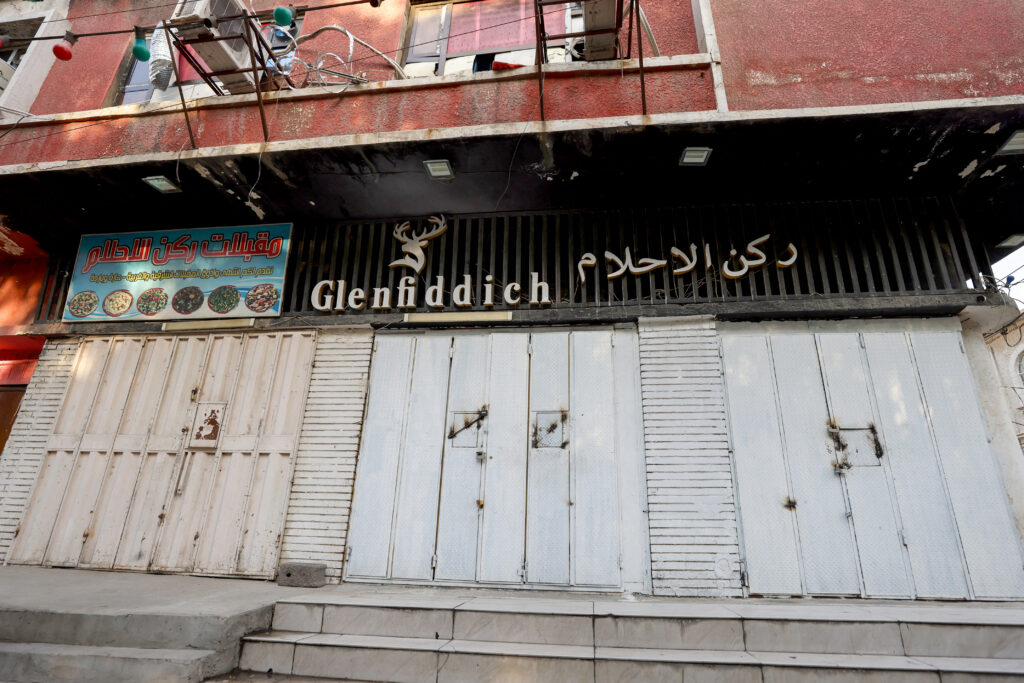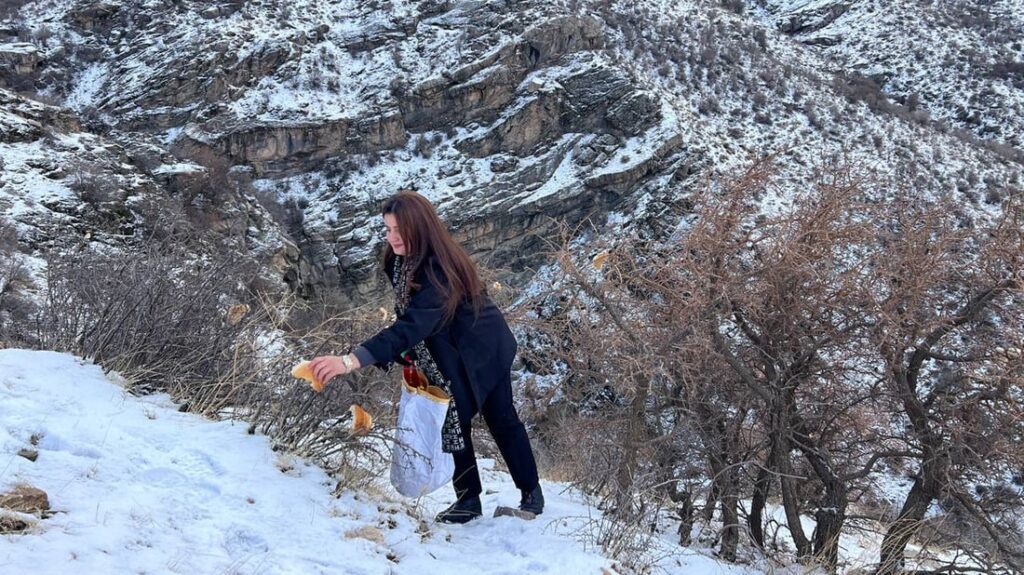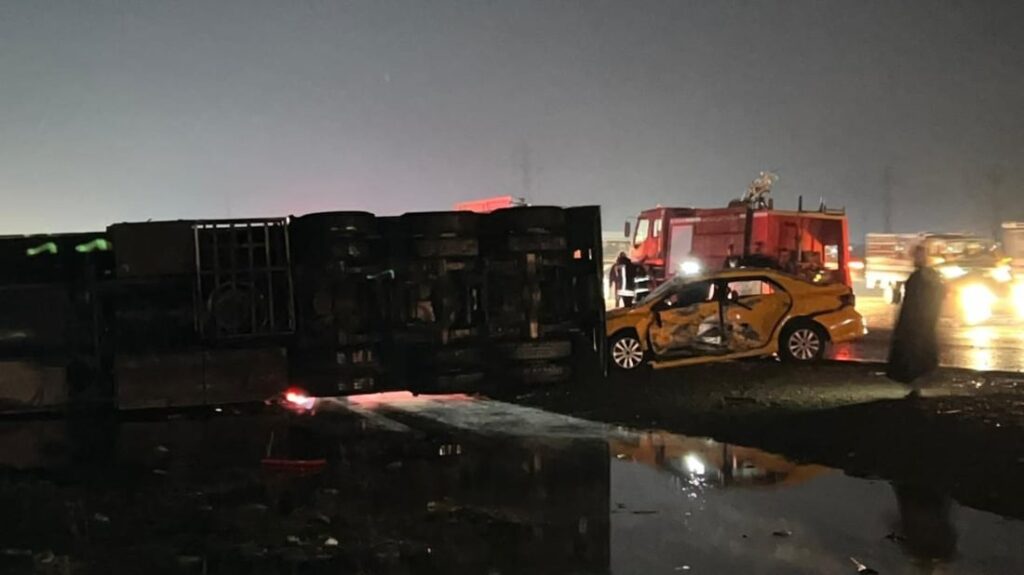France identifies victims of Channel migrant boat tragedy, mainly Iraqi Kurds

Issued on:
French authorities said Tuesday they had formally identified 26 out of 27 migrants who drowned last month in a Channel boat accident, with most of them Kurds from Iraq.
AdvertisingA statement from the Paris prosecutor said that there were 17 men among the deceased aged 19-26, seven women aged 22-46, as well as a 16-year-old teenager and a child aged seven.
Sixteen of the victims were Kurds from Iraq, four were Afghan men. Three Ethiopians, a Somalian woman, as well as an Iranian and an Egyptian man made up the others.
Authorities often have difficulties identifying dead migrants because they do not carry official documents and their family members frequently have to travel from remote areas overseas to see the bodies.
Afghan photojournalist Abdul Saboor last week told AFP how he met one Iraqi Kurdish family who were among the victims just a week before they died.
Even though they had just been expelled from a camp on the north coast of France, they had insisted on sharing with him the few snacks they had, he recalled.
“The boy wanted to become a hairdresser, the (oldest) daughter an arts teacher,” he said. They had asked him questions about the weather in England. “They were very friendly, very endearing.”
Sharing photos he had taken of them on his Twitter account, he wrote: “Their dreams will remain forever lost between the two borders.”
La semaine derniere j ai rencontre Kazhall et sa famille apres l expulsion de leur campement. Aujourd'hui, j ai appris leur mort tragide dans le naufrage qui a emporte 27 personnes mercredi dernier. Leurs reves resteront a jamais perdus entre les deux frontieres. pic.twitter.com/SEMQIphIdF
— Abdul Saboor (@AbdulSaboorJan) November 28, 2021
‘It was his choice’
When news of the disaster broke, families rushed to the coroner’s office in Lille, northern France to see if their loved ones were among the victims.
One of the dead was Hussein, a 24-year-old Afghan who had only arrived a few days earlier at the Dunkirk home of his 18-year-old cousin, Amanullah Omakhil.
The two were very close, having taken the journey into exile together in 2016. When Hussein said he was going to take his chances on the crossing, said Amanullah, he did not try to talk him out of it.
“It was his choice. he was older then me, I couldn’t tell him ‘Don’t do this, don’t do that’,” he told AFP.
French investigators are still trying to establish a clearer picture of what happened during the disaster.
They are investigating reports the passengers had telephoned both French and British emergency services, appealing for help when the vessel began sinking, as one survivor told the Kurdish Iraqi channel Rudaw.
The accident was the most deadly involving a migrant boat in the Channel and cast a spotlight on the increasing number of desperate people seeking to cross the narrow waterway between France and England.
It also caused major diplomatic tensions between London and Paris.
Within 48 hours of the accident, French President Emmanuel Macron accused British Prime Minister Boris Johnson of being “not serious” in his approach to stopping the crossings.
France was irked by Johnson’s initial reaction, which was seen as deflecting blame onto France, and then by his decision to write a letter to Macron which he published in full on his Twitter account before the French leader had received it.
(AFP)




